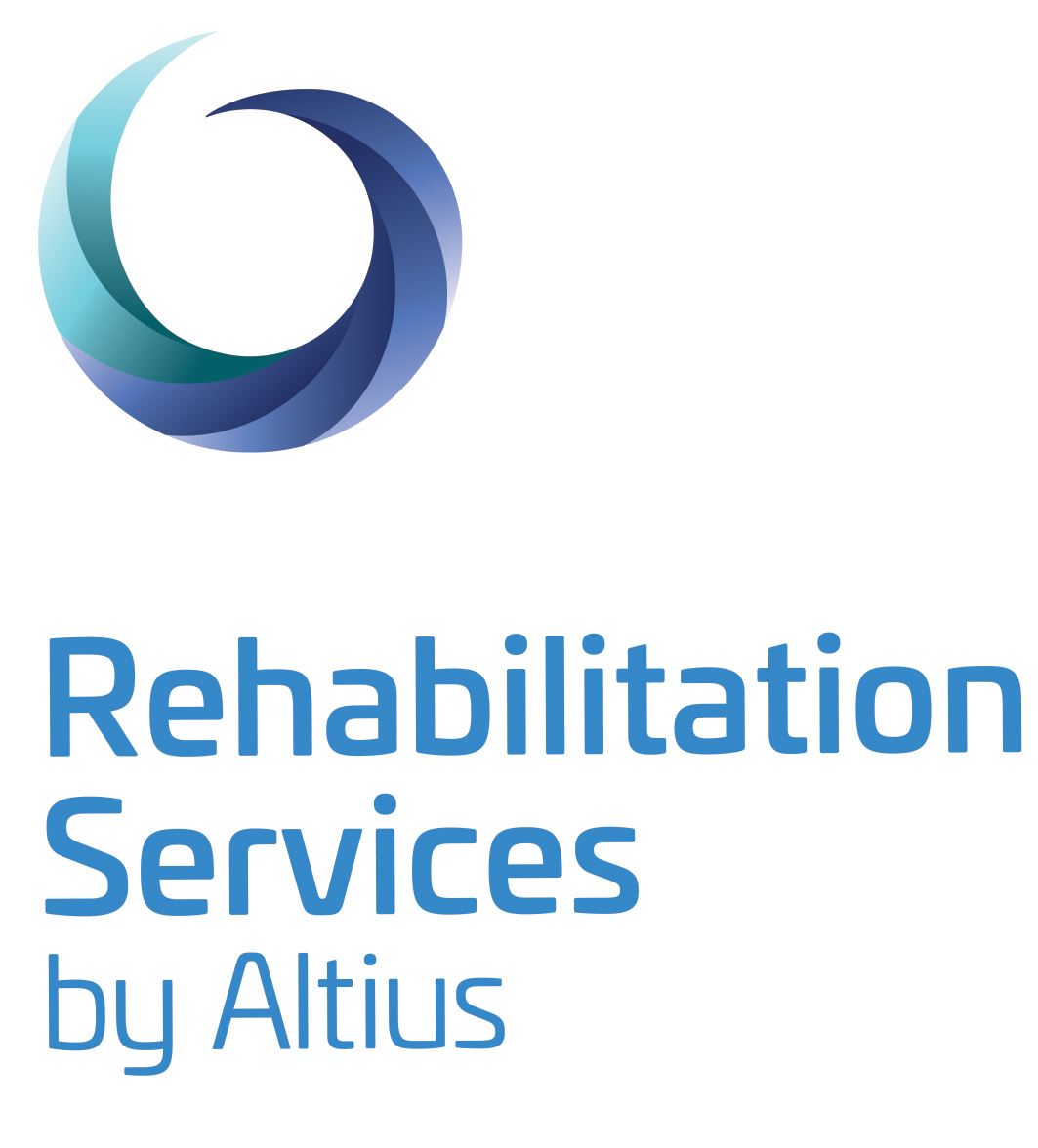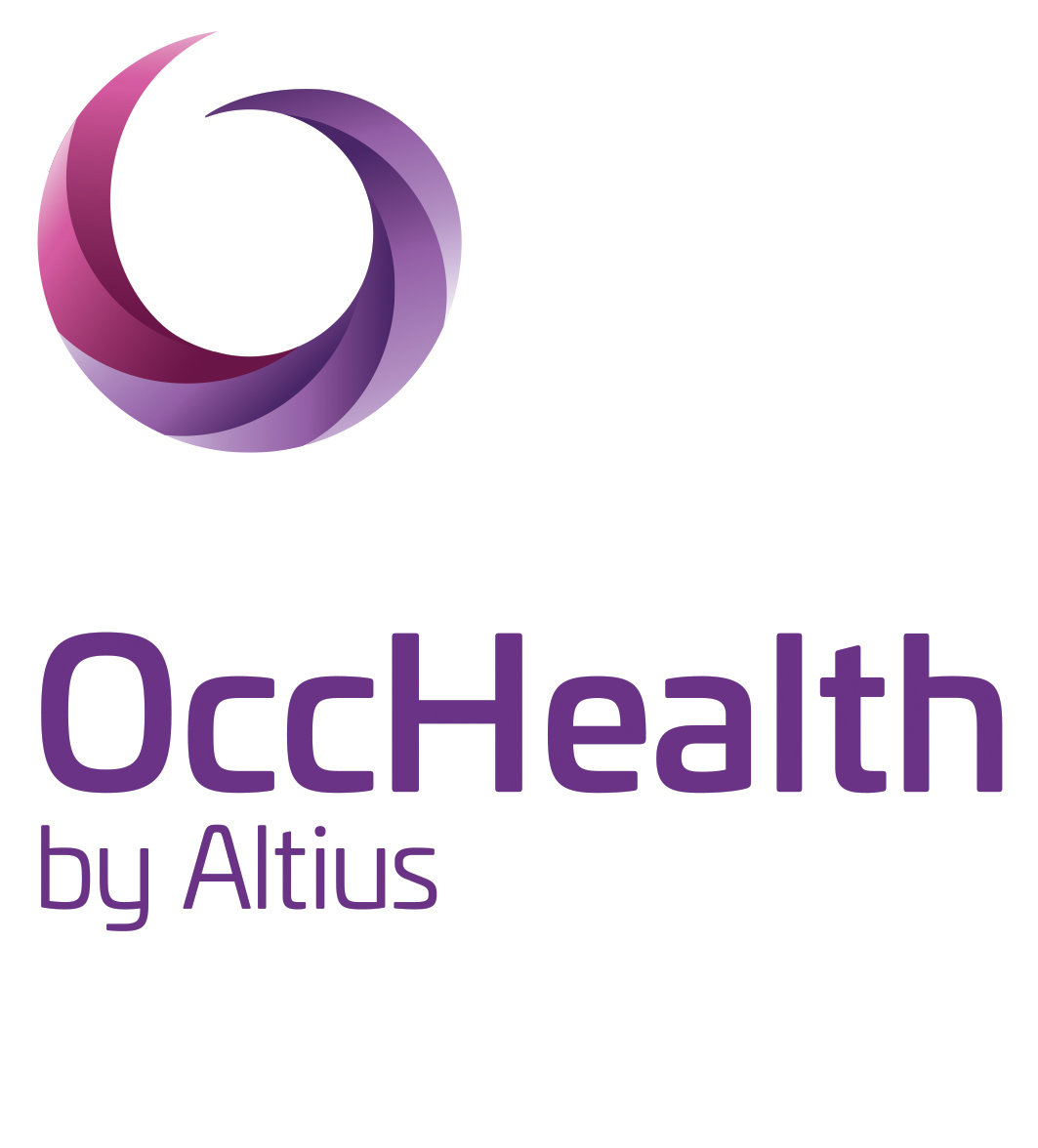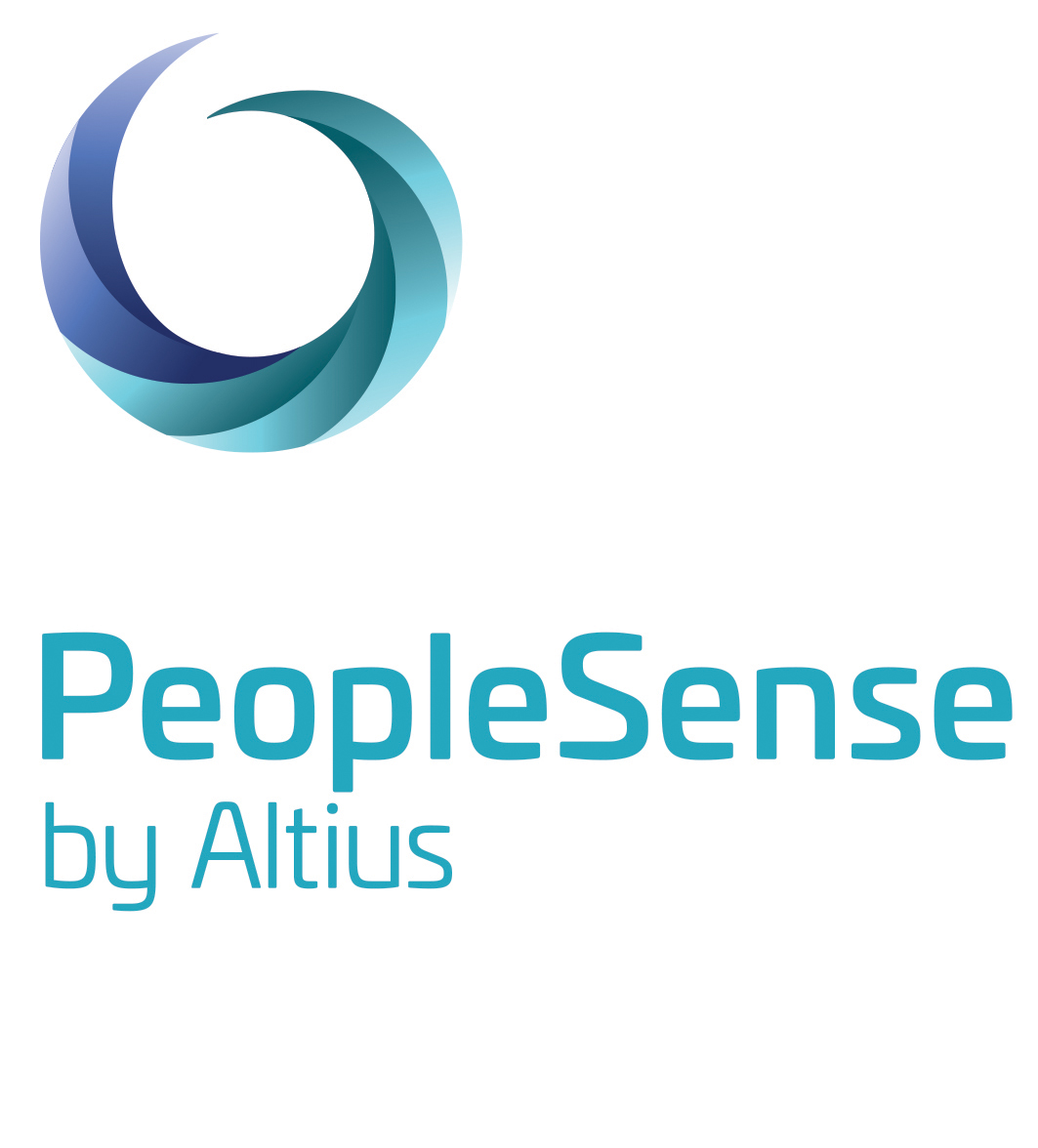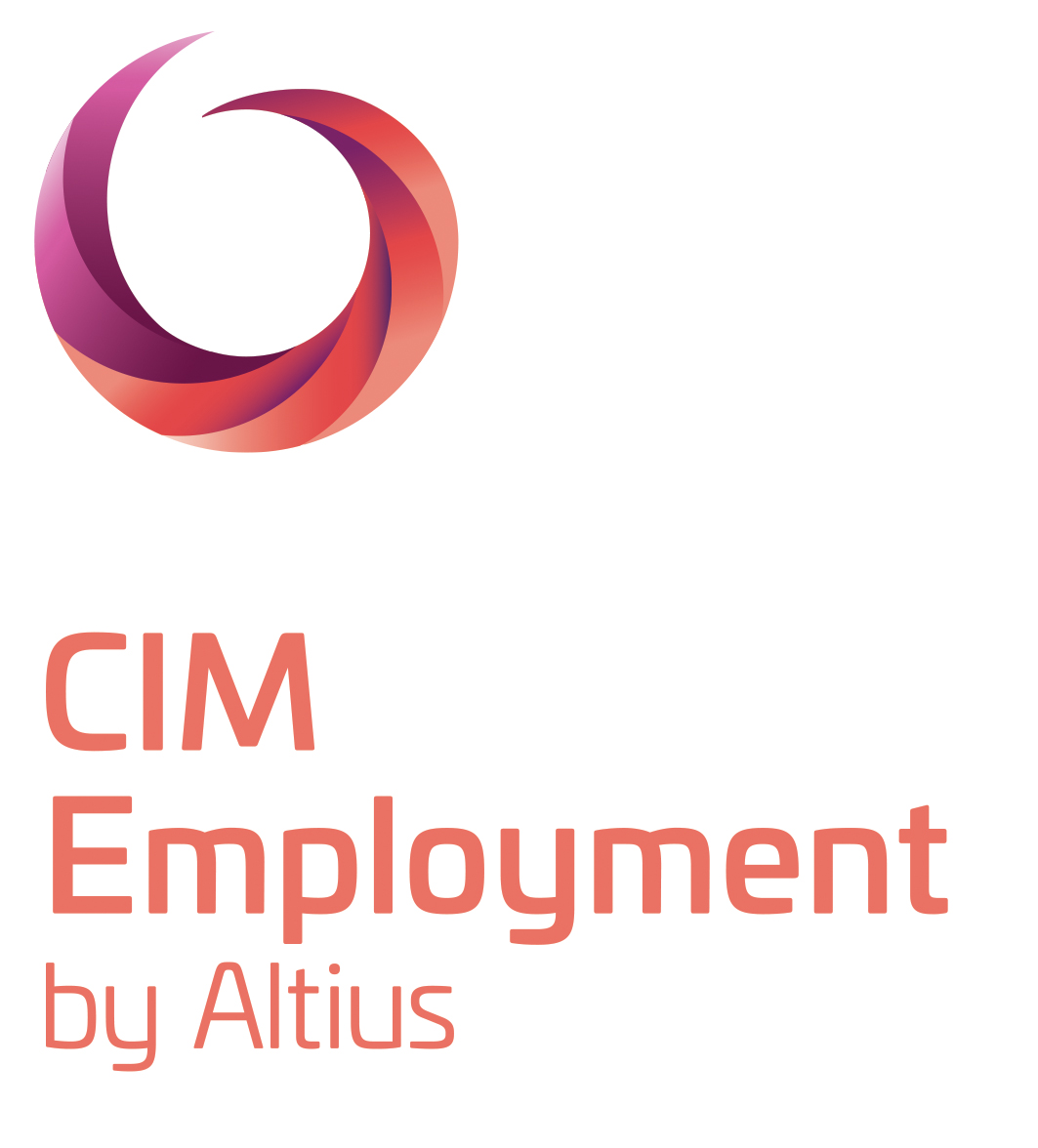Critical Incident Response
This is the phone number for a critical incident response only and goes direct to PeopleSense by Altius.
For Altius Group general enquires, please contact us or call us at 1800 258 487 during business hours.
If you would like to proceed with this call, please click on the button below.
Much has been made of the importance of early intervention as being critical to the achievement of rapid and positive return to work independence for injured persons in a compensation setting. Perhaps less considered is that it may also be the reason why people with injuries or illnesses don’t respond or recover as well as expected. Could clumsy or poorly considered early intervention be a reason why there are many negative or protracted claims experiences?
Get it right and early intervention will deliver outstanding claims outcomes, reduced disputation, open communication channels, great results for those with an injury and job satisfaction for the claims manager. The reverse may be expected by getting early intervention communication wrong.
Whilst early intervention is an important concept, the quality of early intervention interactions is paramount to success. Early intervention's success or failure will often hinge on the beliefs, perceptions and attitudes of the employer, colleagues, the insurer or health professional making contact with the injured party. What is the quality of the early intervention communication? Is the communication empathetic or suspicious? Is it laced with sarcasm or genuine in its intent to assist? Does it label (injured workers) inadvertently? Does the interaction promote openness or encourage an adversarial response?
Intervening early is not enough. Intervening early without preconceived assumptions, with positive intent and with an open mind is the foundation for positive results. Simple in theory!
Being called upon to assist with complex cases, a common thread frequently evident in our work is the reported poor quality of early communication from employers, insurers and treatment providers. All too often this evokes frustration and anger in those who have sustained an injury and indeed the motivation to be the objectionable, feel aggrieved and develop secondary psychosocial overlay. All individual stakeholders have a direct influence on what happens after someone sustains an injury, from the moment that injury is reported. Understanding this influence can help with realising the enormous commercial and social benefits of great early intervention.
The concept of delivering service with genuine empathy and sound intent, as difficult as this may seem in practice for the claims weary, is one that separates exceptional early intervention from the mediocre or damaging. Implement great early intervention and you might be surprised at the results!










